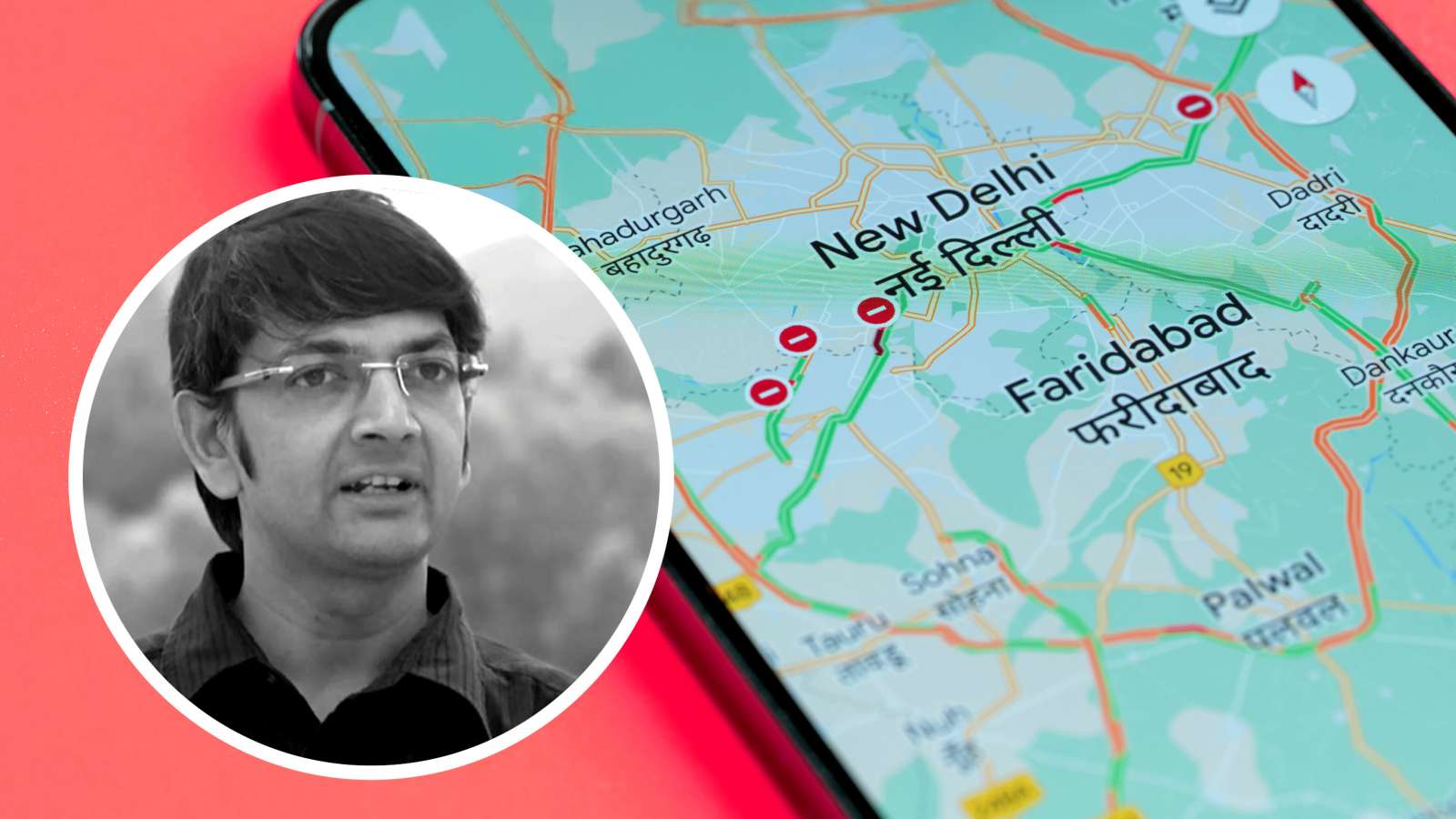These days, you can often find one of three people at the helm of most major innovations: the restless engineer, the serial entrepreneur, or the unyielding idealist. Lalitesh Katragadda happens to embody all three.
Born in Andhra Pradesh, India, Katragadda (’91) began his educational journey at the Indian Institute of Technology Bombay, where he studied aeronautical engineering. He came to the U.S. to earn his MS in aerospace engineering and engineering mechanics at Iowa State University — a place he still holds dear.
Beyond being Katragadda’s “landing point in the U.S.,” ISU also introduced him to his mentor, the late engineering researcher and faculty member, Bion Pierson (’61, ’63), who was a renowned expert in optimal controls. When Katragadda proposed using the emerging concept of genetic algorithms to solve a research challenge, Pierson encouraged the idea, rather than resisting.
“That openness is something I absorbed,” Katragadda says. “I carry that to today and beyond — beyond my love for complex systems.”
Though trained in aerospace, Katragadda made his mark in software. He co-founded Google India in 2004 and went on to design Map Maker, a tool that enabled 4 billion users across 187 countries to contribute local knowledge to digital maps.
Katragadda says Google’s leadership team gave him one objective: create new products that are inspired by India but useful for the whole world. Prior to 2005, only 15% of the world was mapped to a geo-coordinate level. While this shortcoming quickly became apparent to Katragadda, it wasn’t until cyclone Nargis devastated Myanmar in 2008 that the wider public understood the need for accurate maps.
Though Map Maker had yet to officially launch, the United Nations requested its assistance. Within days, a volunteer team mapped 120,000 kilometers of roads and 3,000 hospitals and relief points — ensuring the delivery of disaster aid for thousands.
“By the time I left Google, they had used it in more than 300 disasters around the world,” Katragadda says.
Katragadda’s latest venture is Indihood, which seeks to provide Indian communities with the resources they need to improve their livelihoods. The first step was Avanti, a financial platform designed with new borrowers in mind. Now, Indihood is working on an agricultural platform that empowers farmers to manage their own supply chains. More robust business banking and healthcare provider platforms are on the horizon, as well.
Katragadda’s ventures are based in his belief that the majority of people mean well and strive to do good, and his faith that those he uplifts will pay it forward. With that mindset, he’ll continue to innovate and create tools and platforms that benefit those around him.
“Our job is not done until we build a successful technology-based world,” he says. “I think there is a valid definition of successful technology where the technology is only successful if all 8 billion people on the planet can use it and afford it.”
